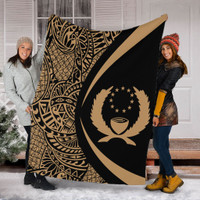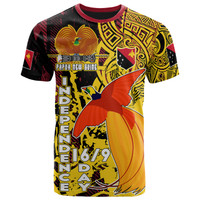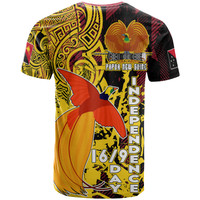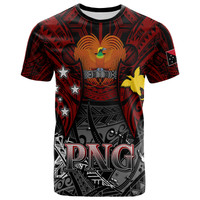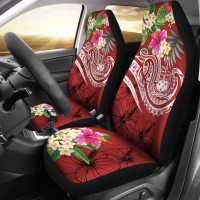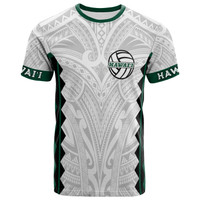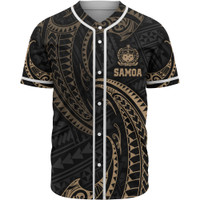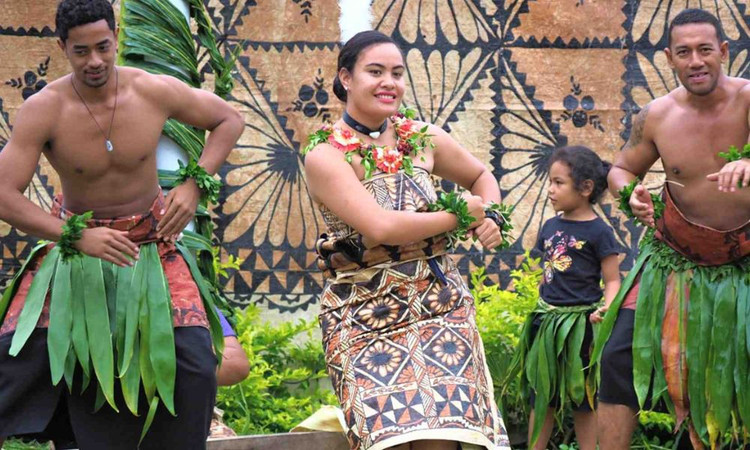10 Tongan Words You Need to Know When Visiting Tonga
Posted by Maris on 20th Dec 2023
Discovering different cultures is the essence of travel, and the Tongan culture is undoubtedly fascinating! Speaking the native tongue is one of the most fundamental strategies to begin assimilating into the community. Tonga allows you to communicate in English, however Tongan, or "Fakatongan," is the native tongue of all Tongans. Acquiring and using a few foundational Tongan words is always enjoyable. Try using these terms from the list of Tongan words you should know when traveling to Tonga!
Malo e Lelei!

The most common Tongan greeting you'll undoubtedly hear throughout your visit to the Kingdom is malo e lelei, which translates to "hello."
Malo ‘Aupito!
Malo 'aupito, which translates to "thank you," is a term you will frequently hear in Tonga if you are a kind traveler. You're usually greeted with "'lo malo," meaning "you're welcome."
Fale
You will inevitably be lodging in a "fale" if you are visiting an island resort. In the context of resorts, this home in Tongan is your private cabin for sleeping in. In Tongan, the word "fale" is used to denote various home kinds. For example, the word "fale lotu" refers to a church, "fale mahaki" to a hospital, and "fale kai" to a restaurant.

‘Io / Ikai
Io simply means "yes," whereas ikai means "no."
Kai

Kai means "food" or "eating." We believe it to be the most significant word in the world, in our opinion.
Inu

Similar to kai, inu also means drink!
Fale Koloa
The fale koloa is another variety of fale that you should be aware of. Fale koloa are the tiny convenience stores with metal grilles covering their windows that may be seen all around Tonga.
Palangi

To put it simply, a palangi is a "white person," commonly referring to visitors, foreigners, white people, or Europeans.
Kava
Tonga's national beverage is kava, a narcotic that is consumed throughout the South Pacific islands. The plant that yields the pepper from which kava is manufactured is widely grown in Tonga. Ground roots combined with water is kava. In the past, only men were allowed to consume kava, which is blessed by a woman before consumption.
Taha, Ua, Tolu…
If not, "One, two, three…" But this is just the number for Tonga's conventional numbering scheme. Different numbering systems are applied to different objects; for example, different numbers are used for counting fish and coconuts.

